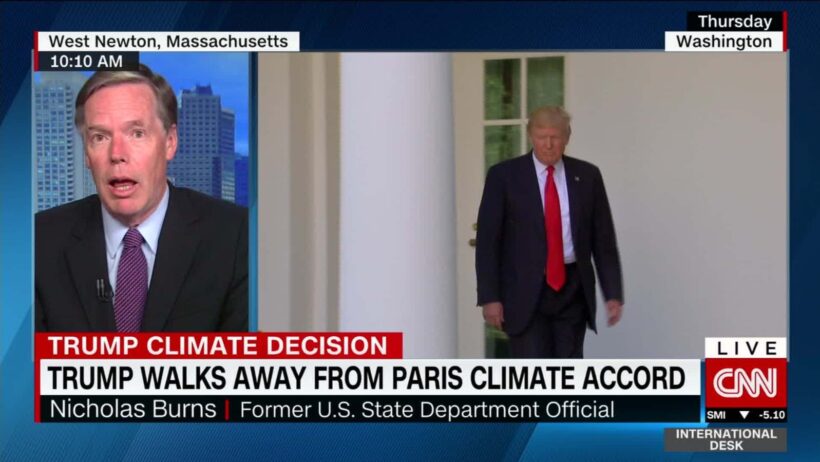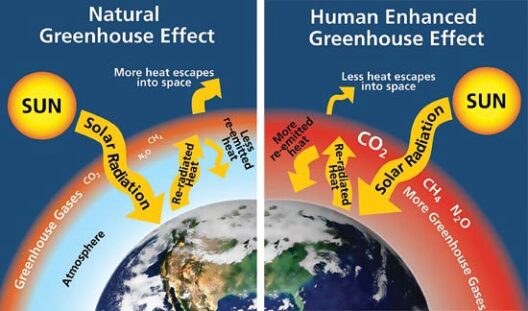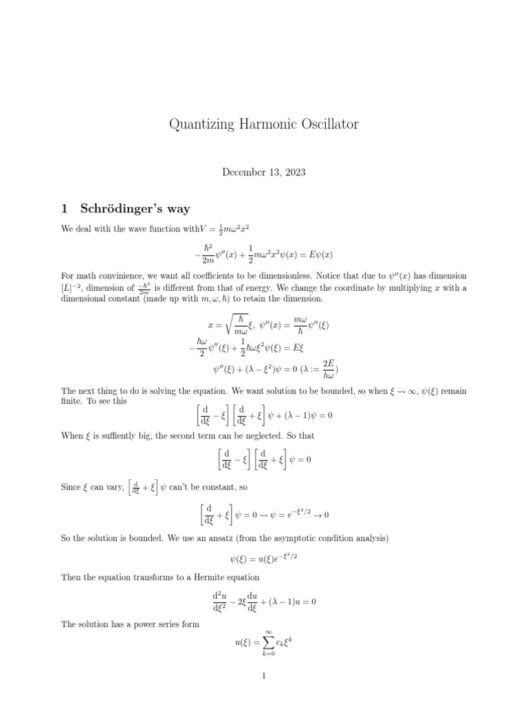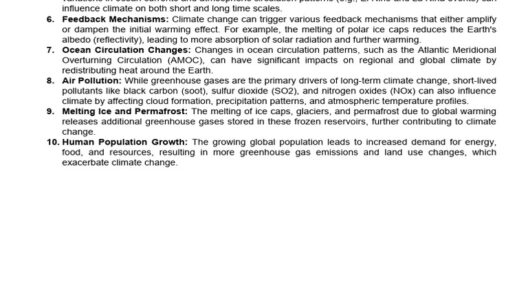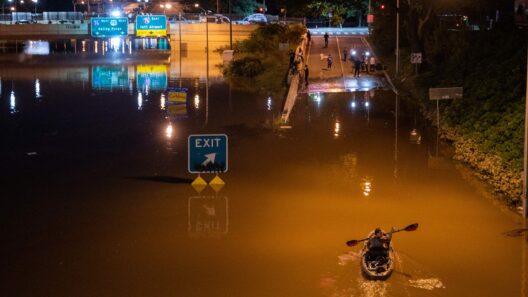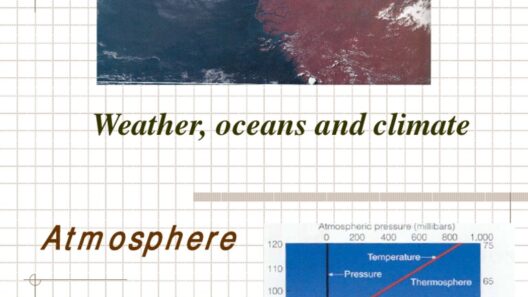As one embarks on the intricate labyrinth of American environmental policy, a pivotal question emerges: Does Donald Trump truly support climate change action? This inquiry, inherently paradoxical, offers fertile ground for exploration, particularly when juxtaposed against his actions and declarations regarding the Paris Agreement—a cornerstone of international climate diplomacy. In the warren of political rhetoric and public perception, the narrative surrounding Trump’s approach to climate change unfurls into a multifaceted saga of contradictions, contention, and consequence.
Initially, one must dissect the foundational tenets of the Paris Agreement itself. Enacted in 2016, the accord was hailed as a landmark achievement in the fight against climate change, forging a universal commitment to mitigate greenhouse gas emissions and curtail global warming to well below 2 degrees Celsius above pre-industrial levels. The United States, under the Obama administration, played a seminal role in formulating this pact. However, upon taking office in 2017, Trump declared his intention to withdraw from the agreement, citing economic concerns and a belief that it unfairly disadvantaged the U.S. economy. Does this not raise an eyebrow? If one’s aim is to foster climate resilience and reduce environmental degradation, why would one abandon a global initiative predicated on such ambitious aims?
To delve deeper, we must scrutinize the implications of Trump’s withdrawal from the Paris Agreement. Emblematic of his broader approach to environmental issues, this decision reverberated across the globe, leaving an indelible mark on international climate diplomacy. Critics argued vehemently that this move signified a retreat from climate leadership, placing America’s credibility at stake while emboldening nations less committed to sustainability. Detractors posited that withdrawing from the agreement was tantamount to relinquishing a vital opportunity to influence global policy, galvanize green technology, and pivot towards a more sustainable economy.
Moreover, scrutinizing the rationale behind this withdrawal reveals an intricate tapestry of economic and political motives. Trump contended that remaining a party to the Paris Agreement would cost millions of American jobs, particularly in the fossil fuel sectors. Yet, a careful analysis of economic forecasts suggests that the transition to renewable energy corresponds with job creation—not destruction. Consequently, one must ask: is the reluctance to support climate action rooted in genuine economic concern or is it, perhaps, a political maneuver aligned with his core constituency? The answer remains elusive, dangling in the liminal space between political ambition and environmental stewardship.
Despite his withdrawal from the Paris Agreement, it is essential to consider the broader implications of Trump’s domestic policies on climate action. His administration, characterized by deregulation, initiated a series of rollbacks on numerous environmental protections, ostensibly aiming to revitalize the economy. From dismantling existing regulations on emissions to opening vast swathes of pristine land for oil and gas exploration, the action—or lack thereof—was less about climate action and more about short-term economic gain. Such policies fostered an environment replete with skepticism towards scientific consensus concerning climate change. How does one reconcile a professed commitment to environmental stewardship with an agenda that appears to prioritize corporate interests over ecological preservation?
Transitioning from policy to public perception, one must also examine how Trump’s rhetoric has shaped the discourse around climate change. While he often derides climate science and emphasizes a narrative of climate skepticism, it is critical to recognize the risk this poses to bipartisan dialogue. The dismissal of climate change as a pressing issue inadvertently discourages collaborative efforts among lawmakers, fostering a divisive climate that stymies potential policy advancements. As such, the question arises: what legacy will Trump’s approach leave, not only on American soil but within the global arena of climate diplomacy?
Yet, amidst the contention, revelations of duplicity abound. Several environmental successes surfaced during Trump’s tenure, albeit not by design. For example, a burgeoning movement toward renewable energy gained traction, spurred by local initiatives and market-driven solutions rather than federal policy. This emergence prompts an intriguing juxtaposition: is it possible that Trump’s policies—intentionally or otherwise—may have inadvertently accelerated the pivot to sustainability on a grassroots level? This counter-narrative presents a compelling challenge to the prevailing paradigm, inviting exploration into the dualities of leadership and environmental progress.
Ultimately, one must confront the complex interplay of Trump’s policies, rhetoric, and the international climate agenda. As America navigates these tumultuous waters, the question remains: Does his approach to climate action reflect a broader agenda supportive of global environmental stewardship, or does it signify an isolating retreat from the collaborative efforts essential to combating climate change? Perhaps the true measure of Trump’s legacy lies not solely in his policies, but in the extent to which he catalyzes or stifles the dialogue around climate change—both nationally and internationally. Conclusively, it’s imperative to remain vigilant, for within the uncertainty lies the potential for innovation, advocacy, and ultimately, action in the realm of climate change—a realm where engagement is not merely an option, but an unequivocal necessity.



